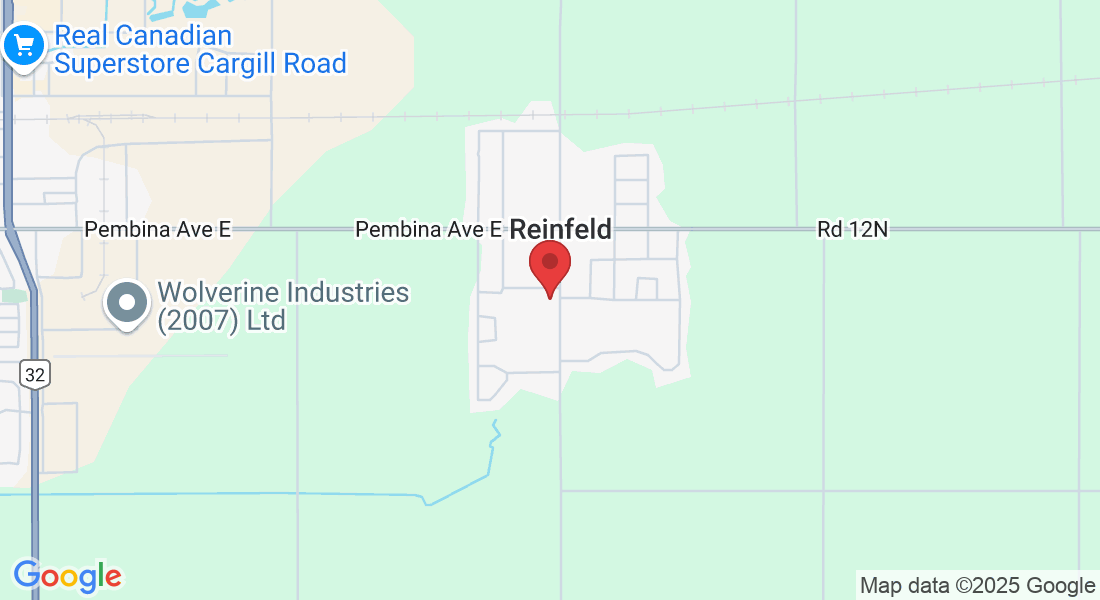
Your Local Electrician for Residential & Commercial Needs
Trusted Electrician Service in Winkler & Morden
Looking for an Electrician Near You?
Voltage ventures electrical
At Voltage Ventures Electrical we are driven by a commitment to excellence and a passion for precision.
Residential services
Panel Upgrades
Hottub Install
Renovations & additions
Plug & Pot Lights Install
commercial / agriculture
New Service Install / Farm Service
Lighting Upgrade / Equipment Install
PLC Troubleshooting / Bin Fan, Dryer Install
Meet the Team
Owner | Electrician
Brent Unrau

Project Manager/Supervisor
Cooper

Professional Electrician Services in Winkler & Morden
Looking for a licensed electrician in Winkler or Morden? We provide expert electrician services for residential, commercial, and industrial projects. Whether you need wiring upgrades, panel installations, or emergency repairs, our team is ready to help.
Why Choose Our Electrician Services?
✅ Certified & Insured Electricians
✅ 24/7 Emergency Electrician Services
✅ Affordable Pricing & Quality Workmanship
No matter the job size, our electricians in Winkler and Morden ensure safe, efficient electrical solutions. If you're searching for an electrician near me, contact us today for a free estimate!
Call 1-431-306-1195
Email: [email protected]

Copyright Voltage Ventures Electrical. 2024. All rights reserved
Website & Marketing by ACED Digital


